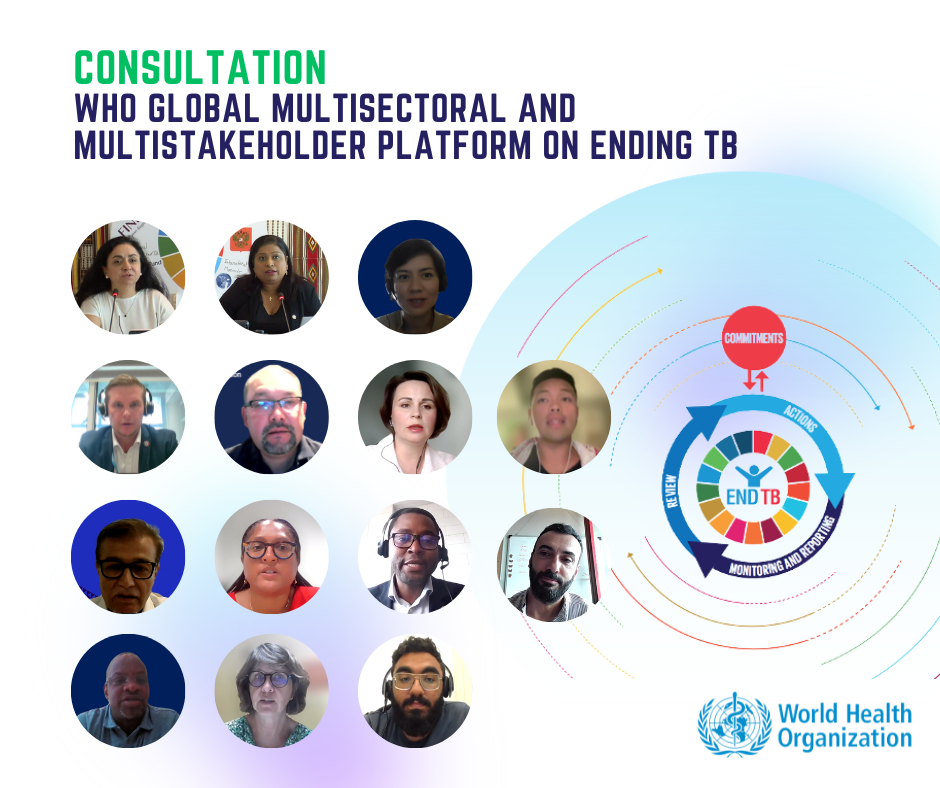Strengthening multisectoral accountability to end TB
To end the tuberculosis (TB) epidemic by 2030, robust accountability is needed to accelerate action. The UN Sustainable Development Goals, the WHO End TB Strategy, and the 2018 UN political declaration on TB, incorporate targets and actions to eliminate poverty, address the other critical social determinants of TB, improve access to care and prevention, and drive research and innovation. To hold themselves to account, government leaders need to work effectively with ministerial officials, civil society and affected communities, parliamentarians, private sector and academia, involved in diverse sectors including health and social protection, justice, labor, among others.
On the request of the World Health Assembly and the UN General Assembly, WHO developed and launched in 2019 a Multisectoral Accountability Framework for TB. It addresses accountability at national/local and global/regional levels, under four components: commitments, actions, monitoring and reporting, and review.
WHO is supporting countries, regional entities and partners, in the adaptation and use of the Framework and strengthening of mechanisms, and producing tools for accountability assessment, support and resource mobilization. The Global TB Report and requested progress reports for the World Health Assembly and the UN General Assembly in 2019-2020 and 2022-2023 are reinforcing global accountability to end TB.



